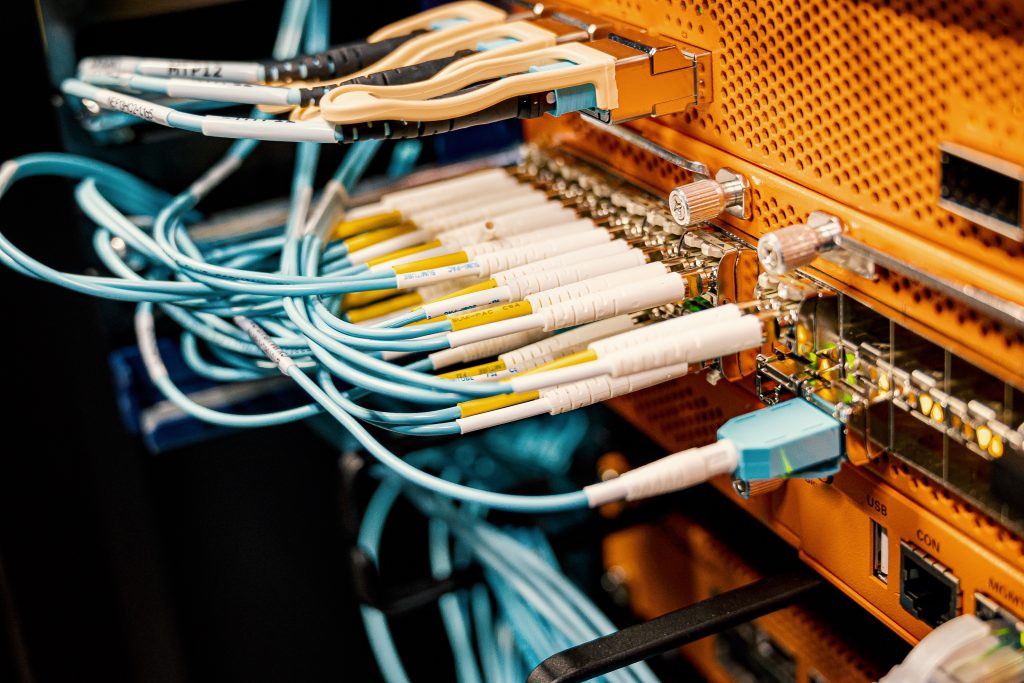As companies adapt to a new reality, they are increasingly relying on multiple IT service providers to replace traditional infrastructure and meet ever-changing IT needs. For many, this means transitioning to new platforms and providers, and to cloud and colocation services for more reliable storage, operations and security. So what does this mean for the network in 2021 – and beyond?
Why the Network Matters in 2021
Both in-house and cloud computing needs are growing and changing – and connectivity and bandwidth needs are shifting too. According to Megaport, organizations that rely on public internet connectivity will find themselves at a disadvantage, plagued by security and reliability issues.

At the same time, migrating company data into cloud environments – and establishing the connectivity required to support them – is growing increasingly complex as demand increases. In order to maintain a fast, secure connection that supports employee needs and company operations, IT managers must understand the network options. Further, they must choose a reliable, scalable solution that meets company needs.
How to Choose the Right Network Connectivity
To streamline and simplify IT, many companies are turning to IT as a Service, or ITaaS, models to operate and maintain their IT platforms, products and services. Not only does this simplify IT management, but it also improves performance and increases security.
One service under the ITaaS umbrella is Network as a Service, or NaaS. This provides on-demand, dedicated connections to cloud providers and networks, as well as software and integration with cloud providers. NaaS providers can also – and perhaps most importantly – help you determine the right network connectivity solution for your company’s unique needs.
Need help finding the right network for your business? Contact Vaultas today.
Vaultas is a technology ecosystem provider that facilitates direct access to any network or service provider. Our services include colocation, cloud, hybrid IT solutions, connectivity, communication and collaboration including UCaaS and CCaaS, disaster recovery and business continuity, hosting, consulting, energy conservation and much more.
Our primary ecosystem access points are located in the Twin Cities of Minneapolis and St. Paul, as well as Alexandria and St. Cloud, MN, and Milwaukee, WI, with remote access from anywhere in the world. Contact us to get started.

